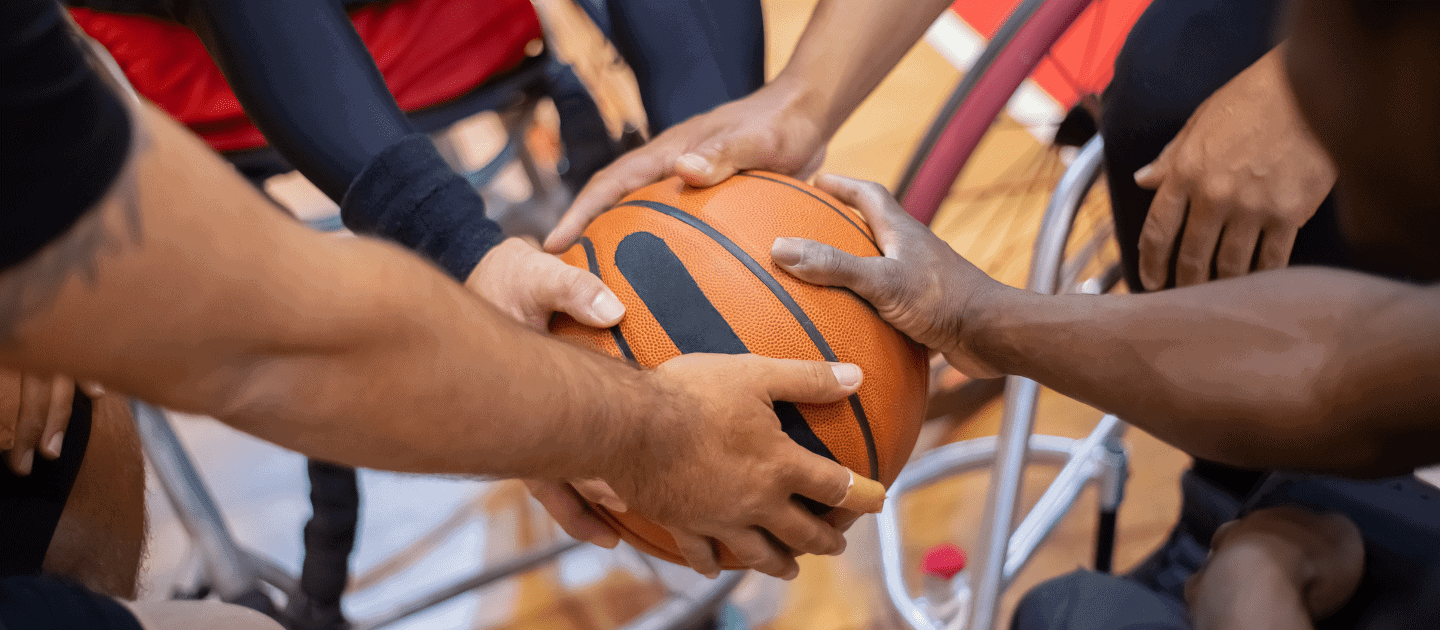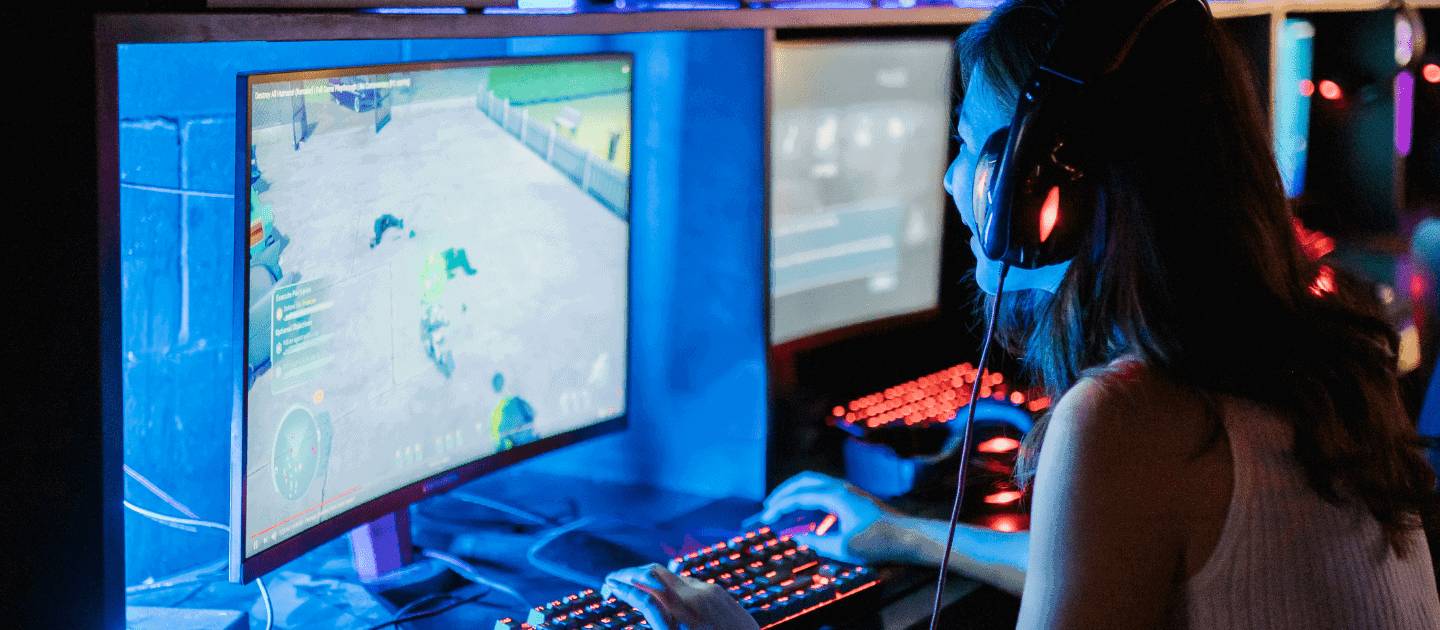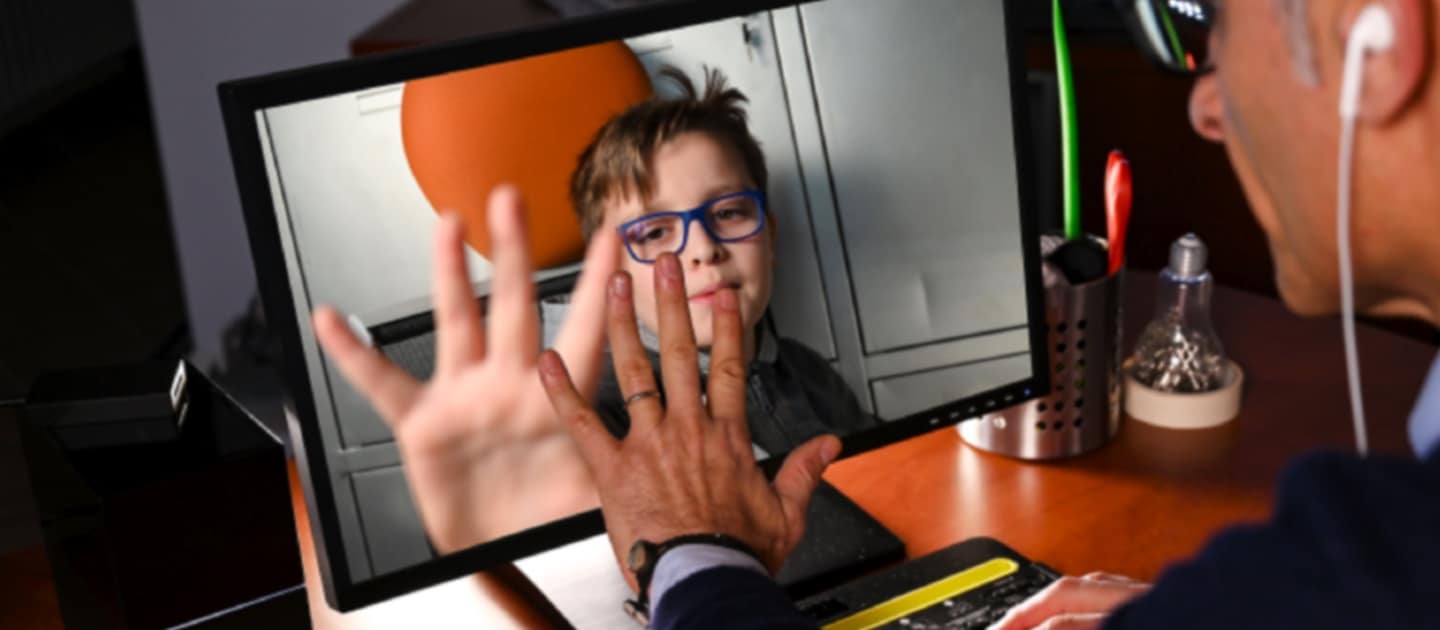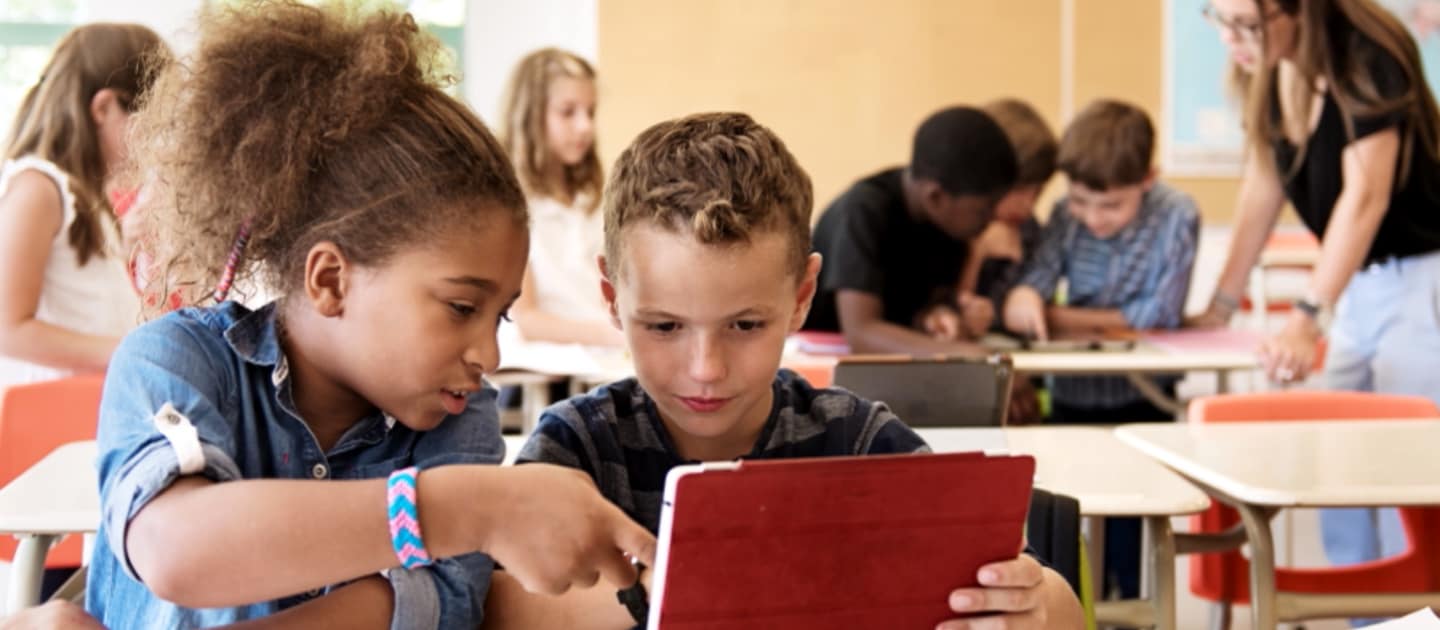Supporting the Inclusion of Students with Disabilities in Physical Education: Dismantling the Ableist Discourse

Students with disabilities continue to be excluded from meaningful participation in physical education.
Research-Based Game Design for Serious Games

It is very easy to gamify or incorporate games (virtual or otherwise) into a lesson plan to improve learning and/or motivate learners to be engaged. How can we ensure that they not only improve learning but cause learning as well?
Implementing Asynchronous Instructional Materials for Students with Learning Disabilities

As we continue to navigate online learning as a response not only to education evolving but the worldwide pandemic as well, it is imperative that we scrutinize the different platforms we use to ensure that all our students are engaged, supported, and learning appropriate content.
Create More Accessible Websites with Abilities Design

By using Universal Design, Universal Design for Learning, and Inclusive Design methodologies and principles in combination, websites can be designed to be accessible for all people.
The perspectives of Colorado general and special education teachers on the barriers to co-teaching in the inclusive elementary school classroom

Co-teaching has the demonstrated potential to positively impact the experiences and academic performance of students with disabilities in inclusive classrooms, yet numerous studies have demonstrated that without sufficient training, planning time, or instructional feedback, the potential gains are not consistently realized in practice.
Supporting Struggling Readers: The Self-Questioning Strategy

In evaluating the intervention strategies we employ with students, we must consider both global effectiveness and effectiveness for target populations, as the success of the intervention may differ depending on the student population it is serving.
Adjusting Assessment Practices for Students with Learning Disabilities: A Multi-Dimensional Framework for Fairness

A number of factors affect the perception of key stakeholders in relation to the fairness of assessment practices for students with learning differences.
Three High-Impact Strategies for Remote Learning

The shift to digital learning environments has provided an opportunity for special educators to use technology to deliver effective, high-quality instruction. Specifically, substantial research supports the use of Video-based Instruction (VBI) for teaching mathematics to students with ASD.
How can teachers improve engagement in a virtual setting?

This article provides educators with a manual on how to utilize positive and proactive behaviour management strategies to improve student engagement in virtual environments using platforms like Zoom or G Suite.
Classroom Menus for Supporting the Academic Success of Diverse Learners

Utilizing both classroom menus and UDL design challenges can help educators plan a range of activities in their classes which can serve as a “buffet” from which learners can pick “just right” activities.
